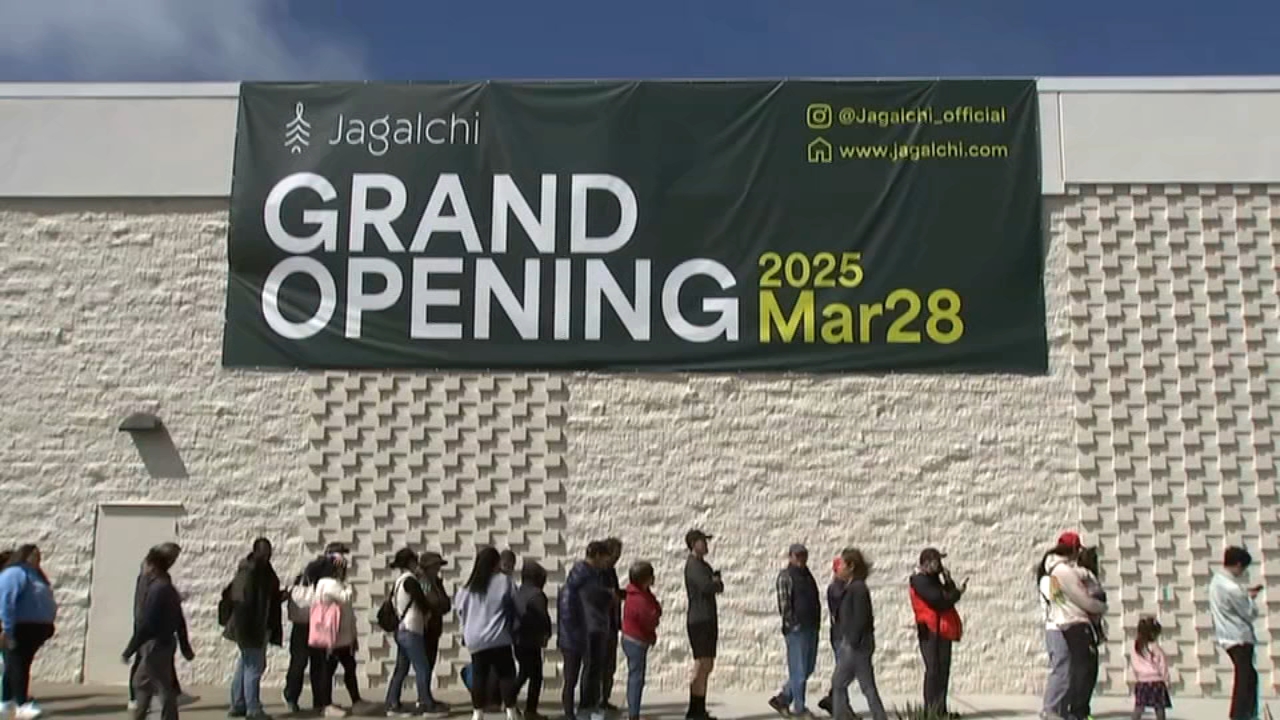Younger patients often miss stroke symptoms


PALO ALTO, Calif. (KGO) -- Many people might typically associate strokes with aging, a condition that strike mainly elderly patients. But doctors at Stanford Health Care say strokes can often strike younger patients, and the key to survival is often recognizing the symptoms.
Jen Hipple is an energetic mother of three who is still in her thirties. That may explain why she didn't immediately recognize the symptoms that appeared out of nowhere last January, including a severe headache and diminished vision.
"I told my husband that I was just going to take it easy that day, sleep, drink lots of fluids and I'm sure it would be better in the morning," says Hipple.
But the symptoms didn't get better, and roughly 24 hours later, doctors at Stanford Hospital diagnosed a stroke. Neil Schwartz, M.D., Ph.D., says strokes are not uncommon in younger patients.
"We do see 10 or more percent of strokes occurring in younger patients under the age of 45," says Schwartz.
In fact, a new nationwide study found that while the incidences of stroke has dropped by nearly half over the last two decades, most of that improvement was in patients over 65 years old. Researchers believe some younger patients may not have seen the improvement because of an increase in risk factors like obesity and diabetes.
For others like Hipple, who exercises regularly, the risk may come down to physiology.
"When we start to get below age 45 there's probably a lot of non-modifiable risk factors, some of the more exotic causes of stroke," says Schwartz.
Hipple has suffered some vision loss, but otherwise made a strong recovery. Her family keeps a reminder of stroke signs on the refrigerator, including symptoms such as slurred speech, drooping of facial muscles, or loss of function in either arm, any of one of which, would indicate a trip to the emergency room.
Hipple says, "Yeah, it really can happen to anybody. I think if there's even a question just go."
Doctors say once a patient reaches the emergency room, a CT scan can often confirm the specific damage from a stroke episode, saving valuable time in treatment.
Written and produced by Tim Didion










